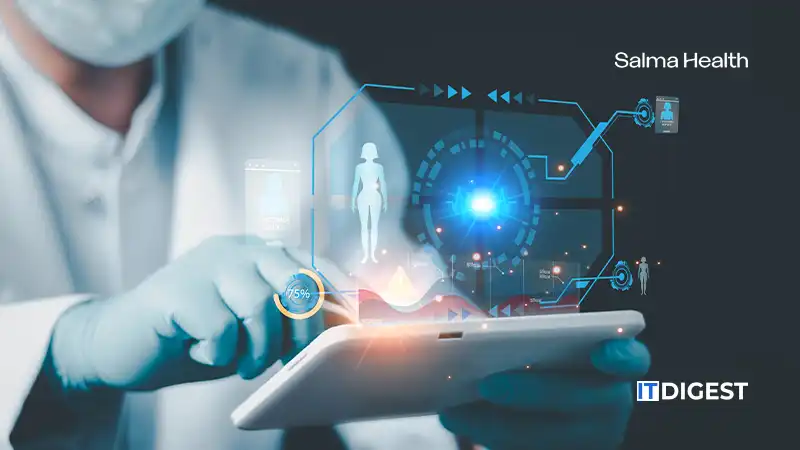Aidoc, the leading provider of AI healthcare solutions, has announced a collaboration with Temple Health to integrate the Aidoc AI Care Platform to reduce cost of care. The Aidoc AI solutions, implemented across the health system’s facilities, target the cardiovascular, neurosciences, and radiology service lines to optimize clinical operations by identifying more appropriate patients in need of interventions; streamlining communication across critical care teams; prioritizing patients with suspected urgent medical conditions and helping shorten the length of stay for patients in the health system’s hospitals.
Also Read: Synack Expands Security Platform with Adversarial API Pentesting
An American Hospital Association report from April revealed 33% of hospitals have been operating on negative margins, with average patient length of stays (an average cost of over $2,000 per patient, per day) growing by just under 10% and healthcare worker shortages driving up labor costs by 20%. Health systems are turning to technologies like AI to help boost operational efficiency, sustain high quality of care and cut costs. Aidoc’s medical imaging AI solutions showed they could help reduce hospital patient length of stay by 1.3 days for patients suffering brain bleeds and 2.07 days for patients suffering lung blood clots. In a clinical case study, on retrospective review, Aidoc’s AI solution for cardiovascular care coordination could have captured an additional 72% of patients who merited a physician treatment consultation for a lung blood clot that did not receive one by the AI-unaided physician team.
“As the challenges of sustaining delivery of high-quality care continue to mount, we at Temple Health continue to seek solutions that can accomplish two things—support our physicians in improving clinical efficiency and reducing the overall cost to deliver the care,” says Nick J. Barcellona, MBA, Executive Vice President and Chief Financial Officer of Temple Health. “In Aidoc, we have found a collaborator and platform whose solutions have demonstrated in both research and real-life clinical settings the ability to do just that. We believe these AI solutions, for both medical imaging and care coordination, will give our physicians the tools they need to streamline clinical processes.”
































